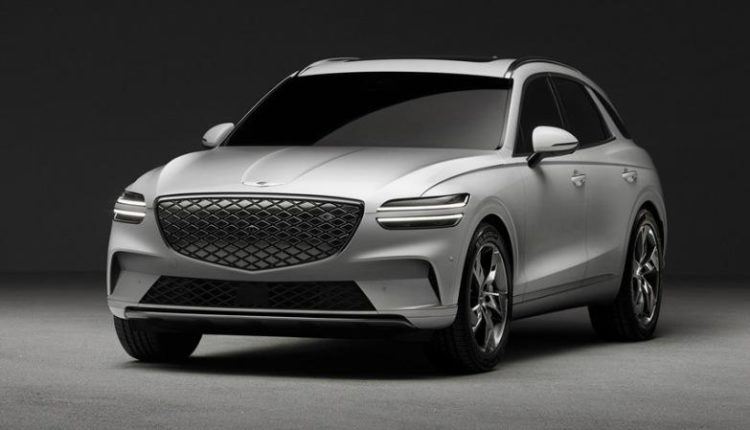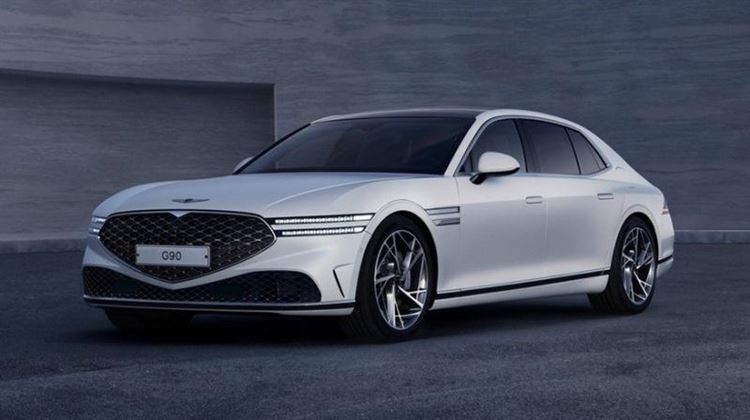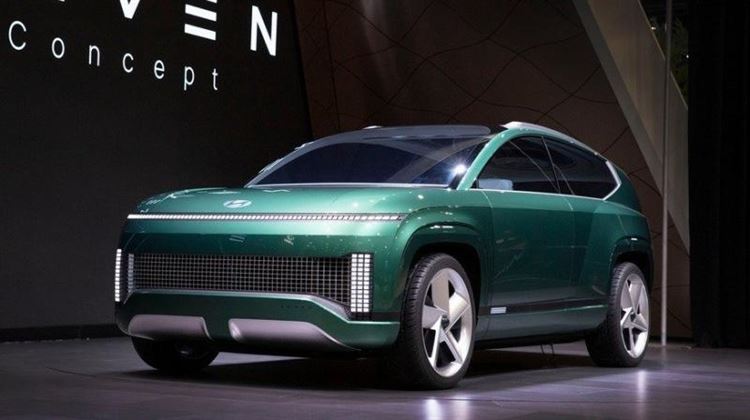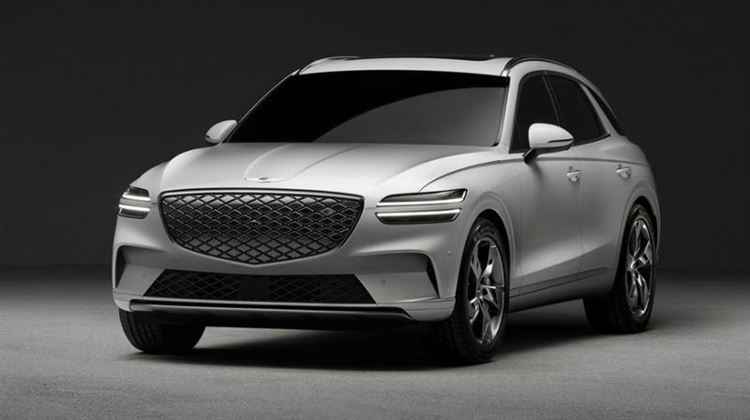Hyundai told about plans: 17 models and a new platform
The Korean manufacturer is preparing the next generation architecture: Integrated Modular Architecture (IMA). It will be introduced in 2025.
Hyundai Motor Company has prepared a new strategy for further development, this is, in fact, both Hyundai and Genesis. According to the Korean automaker, in 2021, global sales of these brands amounted to 1,646,888 vehicles: this result is 1% more than was recorded in the “covid" 2020 (when buyers from all over the world bought 1,630,180 units.).
According to the plan, investment in the development of Hyundai and Genesis until 2030 will amount to 95.5 trillion Korean won (equivalent to more than 79 billion dollars at the current rate). Of the total amount of 39.1 trillion won (about 32.4 billion dollars) will be allocated for new development, 43.6 trillion won (about 36.1 billion dollars) will be spent on capital expenditures, and 12.8 trillion won (about 36 .1 billion dollars) million) will be used for capital investments. Expenses. (about $10.6 billion).
In the photo: Genesis G90 new generation
The company intends to spend 12 trillion won (about $9.95 billion) to develop its own software and develop autopilot. The first-born with the function of updating the software “over the air” will be presented at the end of 2022. Already in 2025, all cars of the line will be equipped with modern equipment. The next generation Genesis G90 sedan will be a Tier 3 standalone model in the second half of 2022.
Part of these funds will go to the development of Hyundai’s electric vehicle business: by 2030, the company plans to spend 19.4 trillion won (about $16.1 billion) on them. This amount will be directed, among other things, to the construction of new factories and the development of charging infrastructure for "green" transport. Despite a relatively modest investment, the manufacturer plans to launch 17 new EV models over the next eight years.
Pictured: Ioniq 7 concept
The Hyundai brand logos will receive eleven new products: six crossovers, three sedans, one light commercial vehicle and one “new type” electric vehicle (as the company designates). Recall that this year the Hyundai Ioniq 6 serial sedan will debut (earlier, the manufacturer presented a prototype of the future novelty), and in 2024 the Ioniq 7 crossover will debut (the concept was also shown earlier).
In turn, it is planned to launch six new "green" products under the Genesis brand: the list includes two passenger electric vehicles and four crossovers. One of the SUVs is the electrified GV70 shown above. According to the plan, only electric models will be developed for the Genesis brand from 2025, while the manufacturer will continue to produce existing vehicles with internal combustion engines.
Pictured: electrified Genesis GV70
Hyundai Motor now has an E-GMP electric modular platform. It is the basis for the Ioniq 5, Kia EV6 and Genesis GV60. Despite the fact that the first car on this “trolley” appeared a little over a year ago, the Korean manufacturer is already preparing the next generation architecture. It will be called Integrated Modular Architecture (IMA), this platform should be the development of E-GMP.
In general, by 2030, Hyundai plans to increase its share of the global electric vehicle market to 7%. The manufacturer is going to increase the annual production of "green" cars to 1.87 million units. That is, such cars will account for less than half of the total planned volume of products that will roll off the assembly line – 4.3 million units. At the beginning of the next decade, the combined capacity of Hyundai’s battery plants will grow to 170 GWh.



